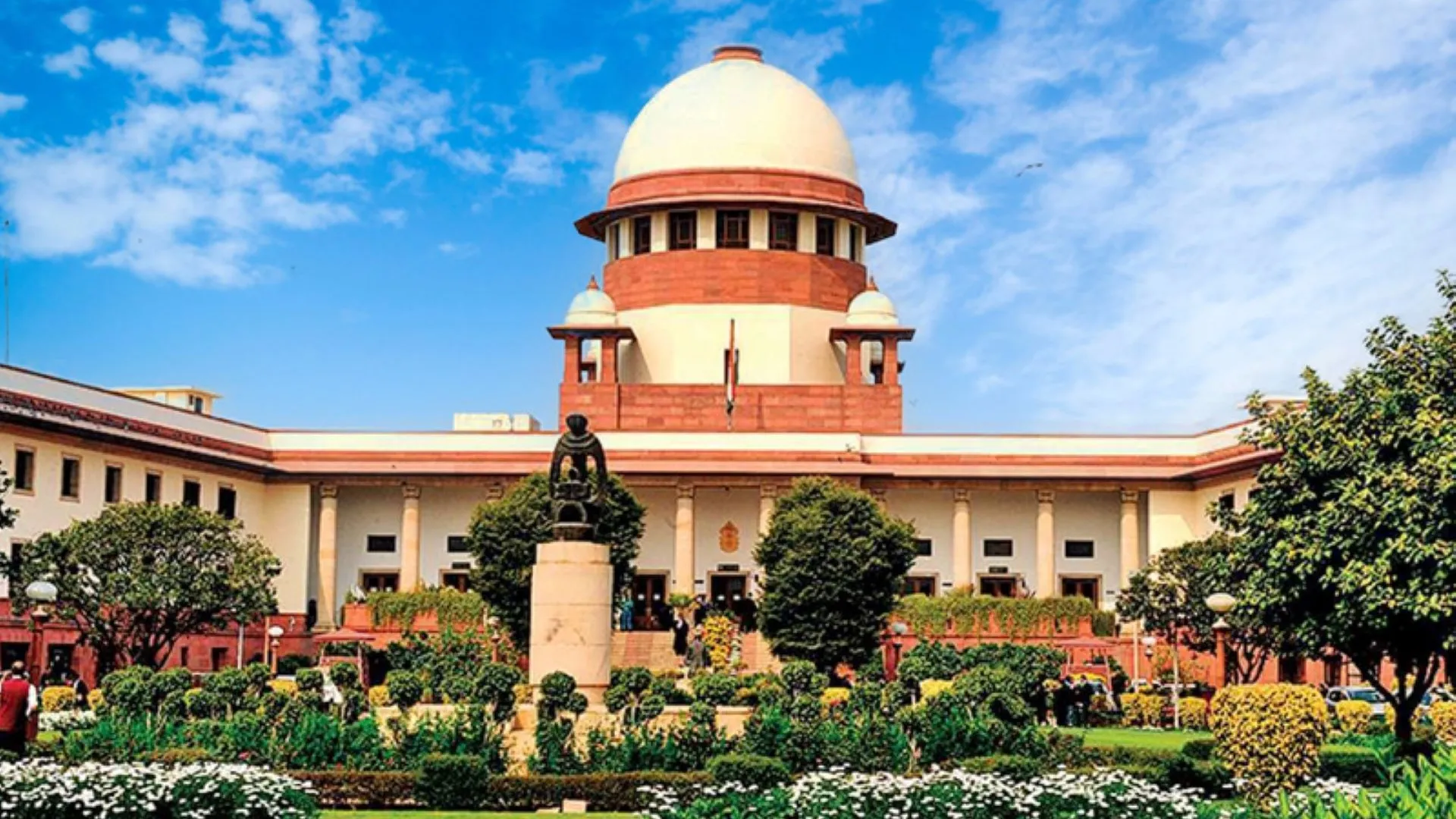

Supreme Court Pauses Key Provisions of New Waqf Act, Curbs Powers of District Collectors
In a significant interim order, the Supreme Court of India has put on hold two controversial provisions of the newly enacted Waqf (Amendment) Act, 2025, providing temporary relief to those challenging its constitutional validity. While the apex court declined to issue a blanket stay on the entire law, citing the high legal bar for such an action, it has frozen the implementation of key rules related to the composition of waqf boards and the power of district collectors to determine the status of waqf properties.
Restrictions on Membership and Property Creation Halted
The first provision temporarily stayed by the court addresses the criteria for creating a waqf and the composition of its governing bodies. The 2025 amendment had introduced a rule requiring that a person must be a "practitioner of Islam for five years" to create a waqf. In its order, the Supreme Court noted that this provision would remain on hold until states formulate clear rules on how such a status could even be determined. In a related move, the court also paused the implementation of a new cap that restricted the number of non-Muslims who could serve on state waqf boards and the central waqf council to a maximum of three.
Safeguards Placed on Collector's Powers
Perhaps the most crucial part of the court's order was the stay on a new provision that granted extensive powers to district collectors. The amended act had given district collectors the authority to decide whether a particular property was a waqf property or if it belonged to the government. Recognising the potential for this to impact property rights, the Supreme Court has put significant safeguards in place. The bench ordered that a collector's report on a waqf property cannot lead to a change in its title unless it is formally endorsed by a high court. Furthermore, the court ruled that during this entire adjudication process, the Waqf Board is prohibited from creating any third-party rights over the disputed property, effectively protecting it from being sold or transferred while its status is under review.
No Blanket Stay on the Act
Despite putting these two key sections on hold, the Supreme Court bench made it clear that it would not stay the entire statute. The justices emphasized the legal principle that there is always a presumption in favor of the constitutionality of a law and that a stay on an entire act can only be granted in the "rarest of rare" cases. The court stated that it had considered the prima facie challenges to each of the sections and did not find sufficient grounds to halt the whole law. The 2025 amendment was passed by Parliament in April after a heated debate, and its constitutionality will now be decided in full by the court in the coming months.